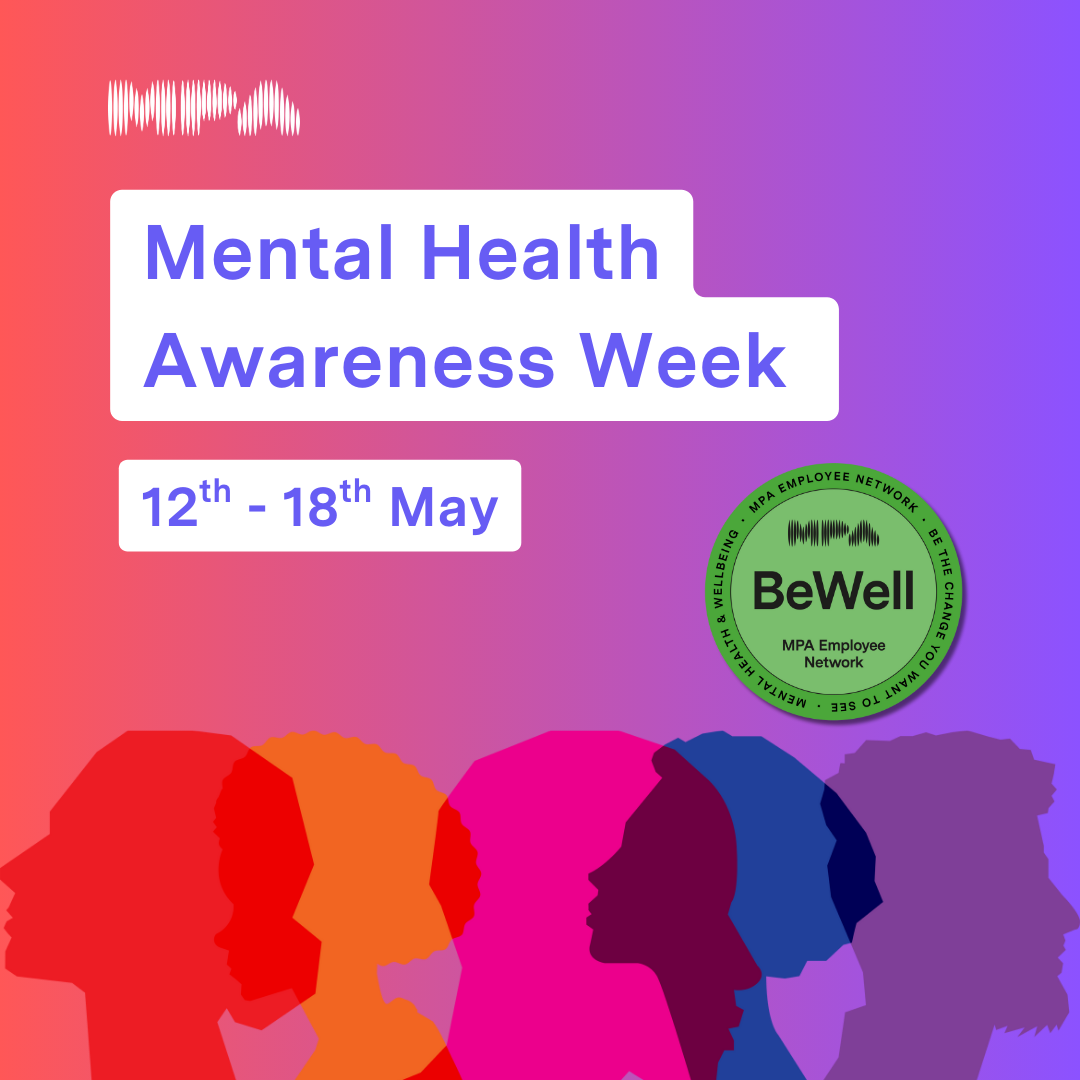Observing Mental Health Awareness Week

Date
Mental Health Awareness Week takes place every year in May, this year from the 12th to the 18th. Founded by the Mental Health Foundation in 2001, to help raise awareness of mental health issues, tackle stigma, and encourage people to prioritise their mental wellbeing in the hope of preventing mental health problems.
This year’s theme is ‘Community’ – being part of a safe, positive community is vital for our mental health and wellbeing; this year we want to celebrate the power of community and emphasise the importance of social interactions and the support of mental wellbeing.
Understanding Mental Health
Mental health is a significant part of our everyday lives; it weaves into everything we do, from physical health and relationships to work and even our finances. It is a vital component of our overall well-being. It encompasses our emotional, psychological, and social functioning, impacting how we think, feel, and interact with the world around us.
While conversations around mental health have become more common, misunderstandings can still persist. It’s important to recognise that mental health exists on a spectrum, and everyone experiences fluctuations based on life events, stress levels, and personal circumstances. Just as we care for our physical health, tending to our mental health should be a regular and proactive part of life.
Recognising the Signs
Mental health challenges can show up in different ways, including:
- Persistent feelings of sadness, anxiety, or irritability
- Withdrawing from social or work-related activities
- Changes in sleep, appetite, or concentration
- Feeling overwhelmed or hopeless
These signs don’t always indicate a mental health condition and may not always be preventable, but they are important to acknowledge. Early support can make a meaningful difference.
Caring for Your Mental Health
- Prioritise quality sleep
- Stay physically active
- Eat a balanced, nutritious diet
- Stay connected with others
- Make time for activities that bring you joy
- Try mindfulness practices, such as meditation or yoga
Mental health is not just about recognising challenges, it’s about fostering a culture of care, openness, and support. By educating ourselves and normalising conversations around mental well-being, we take a vital step toward creating healthier, more compassionate environments.
How to support those who are struggling
Talking openly about mental health is essential. By breaking down stigma and creating a culture of care, we can support others and ourselves in more meaningful and effective ways.
Creating safe spaces for honest conversation allows people to feel heard and supported. Open dialogue not only reduces stigma but can also lead to early intervention. Often, just listening without judgement is more impactful than offering advice. Being present, empathetic, and patient can help someone feel truly seen.
Promoting balance and encouraging self-care is also important. Supporting healthy routines like sufficient rest, regular physical activity, and setting personal boundaries can help build emotional resilience. Additionally, we should normalise seeking professional support. Therapy, counselling, and mental health services are valuable tools that empower people to better manage their well-being. Seeking help should be seen as a strength, never a last resort.
Educating ourselves about mental health further strengthens our ability to support others. Training such as Mental Health First Aid can be especially useful. It’s equally important to avoid making assumptions or trying to diagnose others. Instead, offer a listening ear and encourage those who are struggling to speak with a healthcare professional.
In times of crisis, particularly if someone expresses suicidal thoughts or is in emotional distress, our response matters. Stay with the person if it’s safe to do so and connect them with immediate support services such as Samaritans, who are available 24/7 at 116 123.
With compassion, awareness, and the right tools, we can all play a role in supporting mental health at work, at home, and in our communities.
Resources
For more information or to join our BeWELL Employee Network, please contact:
Helen Choudhury
Head of DEI, CSR and Wellness
Member of the Association of Mental Health First Aiders
[email protected]
Safiyah Olaide
DEI, CSR and Wellness Officer / OM
Mental Health First Aider
[email protected]
Share article